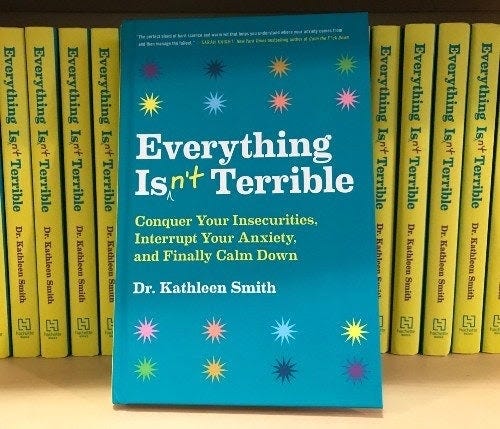The Cycle of Overfunctioning and Distancing
How to stay connected without taking over or taking off.
I tend to be an all-or-nothing sort of person. When I get excited about something, I throw all my energy into it. I start overfunctioning for others. And then I begin to wonder why others aren’t putting in the same level of effort and enthusiasm. I grow frustrated, until I begin to pull back, or check out completely. I might tell myself, “No one cares, so why should I?”
How many families and organizations are caught in this cycle, where a few people run the show until they retreat in exhaustion? Seeing the reciprocity in relationships, the way our over-involvement invites others’ under-involvement, (and vice versa) helps us think differently about the problem. Because the problem may not be a matter of motivation or morale. The problem is the patterns — the mechanisms by which the system keeps things calm.
Overfunctioning and distancing can be two sides of the same coin. Each might feel like a responsible choice in the moment, when they are really just convenient ways to calm yourself down.
So there has to be a third way, right? I’ve been thinking about what it means to stay responsibly connected to a challenge or a group. Without becoming “irresponsibly overinvolved” (a phrase Dr. Bowen used) with others.
Responsible connection could look like:
Staying in contact even when you’re frustrated with people.
Not picking up tasks simply because no one else is taking them.
Paying attention to the patterns in system, rather than fixating on people’s personalities or individual efforts.
Managing your own reactivity in a responsible way.
Working on one-to-one relationships with people.
Thoughtfully defining how you’d like to be responsible for self and to the group.
Treating others as individuals who have their own thinking about how to contribute.
It’s easy to avoid over-involvement when you’re actively avoiding people. It is much more difficult when you are present and accounted for in the relationships, whether it’s visiting your mother, working on a group project, or leading your daughter’s girl scout troop.
To give you an example, my husband injured his hand a few days ago, and I found myself asking these same questions. What does it look like for me to be responsibly connected to him at this time? Without overfunctioning for him, but also without disengaging when his anxiety is up? One idea I had was to let him be responsible for asking for help, rather than anxiously anticipating what he could not do on his own.
There is tremendous benefit to paying attention to the temptation to take over or take off. When have you found yourself caught in the cycle of overfunctioning and distancing? What could it look like to stay responsibly connected to your family and their challenges? To your colleagues at work, or another group?
It’s easy to convince yourself that a group needs your anxious overfunctioning, when it really needs your best thinking.
News from Kathleen
Exciting news! I’m working on another book with the wonderful folks at St. Martin’s Essentials. Stayed tuned for more updates and pre-order info.
***Building a Person-to-Person Community of Faith - I’m leading a 3-part conversation series June 1st, 8th and 15th, with Healthy Congregations, an interfaith organization that helps leaders apply systems thinking to life and ministry. Check it out if you’re clergy, a lay leader, or someone who just wants to think systems.
Want to support my work? You can:
Buy me a coffee to keep the thoughts flowing.
Leave a review of my book on Amazon. Reviews help people find the book.
Forward or share this newsletter to others who might be interested.
Want to read more of my writing? Get my book, Everything Isn't Terrible, from Amazon, Barnes and Noble, Indiebound, or your local bookstore (best option).
Want a free anxiety journal with the book? Calming Down & Growing Up: A 30 Day Anxiety Journal includes thirty daily prompts to help you reflect on and respond to your anxious behaviors. To receive a copy, just email me your receipt of Everything Isn’t Terrible.
Email me if you’re interested in Bowen theory coaching or want me to speak to your group or workplace. Follow me on Twitter, Facebook, or Instagram.
Want to learn more about Bowen theory? Visit the Bowen Center’s website to learn more about their conferences and training programs.



